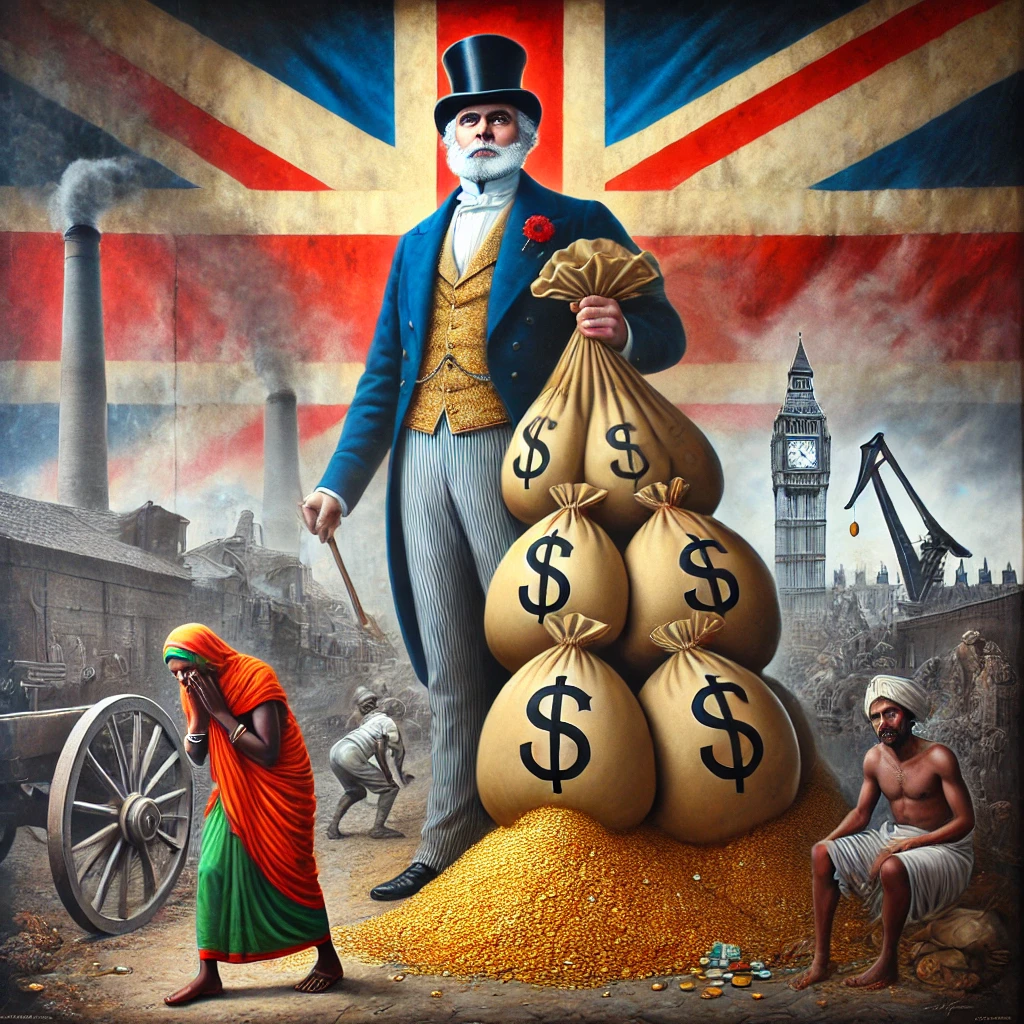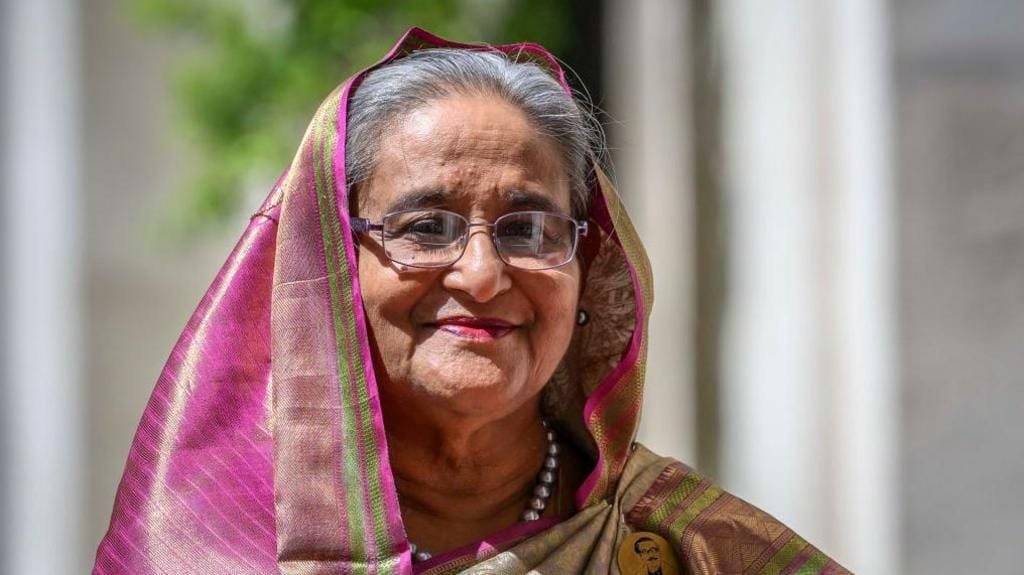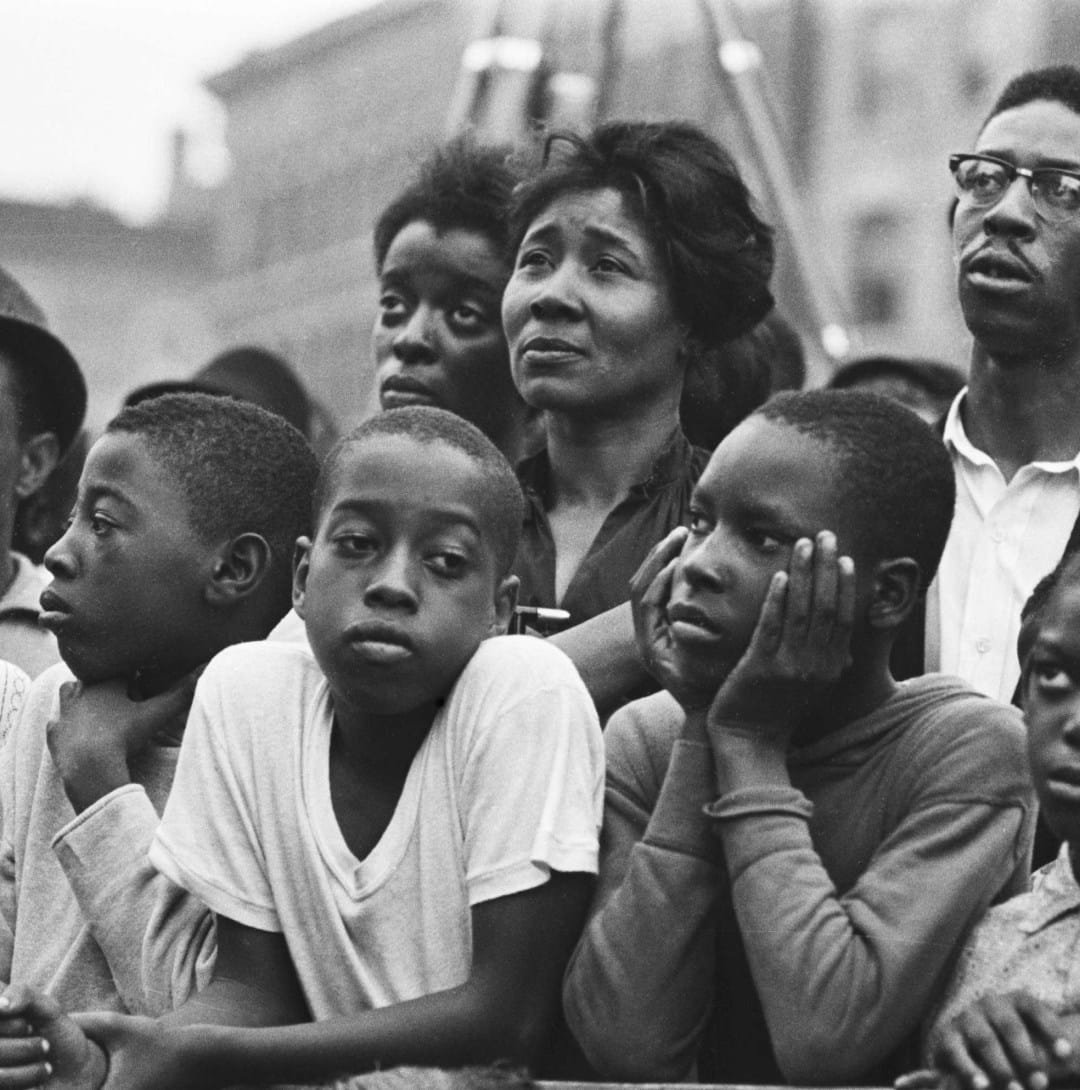A recent report by Oxfam International has claimed that Britain’s richest 10% accrued over half of the $64.82 trillion wealth extracted from India during its colonial rule. The findings have reignited debates on the economic exploitation of India under the British Empire and its long-lasting impact on global inequality.
The report highlights that between 1765 and 1938, systematic policies of wealth extraction were implemented, draining India of resources while enriching Britain’s elites. These policies, including excessive taxation, exploitation of raw materials, and the forced deindustrialization of Indian industries, contributed to the staggering transfer of wealth.
Industrial Decline
India’s share of global industrial output dropped from 25% in 1750 to a mere 2% by 1900, largely due to British-imposed trade restrictions. Local industries, particularly textiles, were devastated, forcing India into a cycle of dependence on British imports.
Call for Reparations
The report calls for reparations and structural reforms to address global economic disparities rooted in colonial exploitation. “The seeds of inequality sown during colonial rule continue to bear fruit today,” said an Oxfam spokesperson, emphasizing the moral and economic argument for reparations.
Expert Reactions
The findings, however, have sparked scholarly debate. Critics question the methodology used to arrive at the $64.82 trillion figure. Renowned economist Tirthankar Roy from the London School of Economics dismissed the estimates as “overstated,” arguing that historical economic modeling cannot fully capture the complexities of colonial-era economics.
Supporters of the report, including historian and author Shashi Tharoor, argue that even if exact figures are debated, the principle of reparations is undeniable. Tharoor has previously called for a symbolic £1 annual payment to acknowledge Britain’s colonial legacy.
Conclusion
As discussions on colonial reparations gain momentum, the Oxfam report underscores the need to confront historical injustices and their enduring impacts. Whether these revelations lead to actionable change remains to be seen, but the discourse highlights the lingering scars of Britain’s colonial past.












